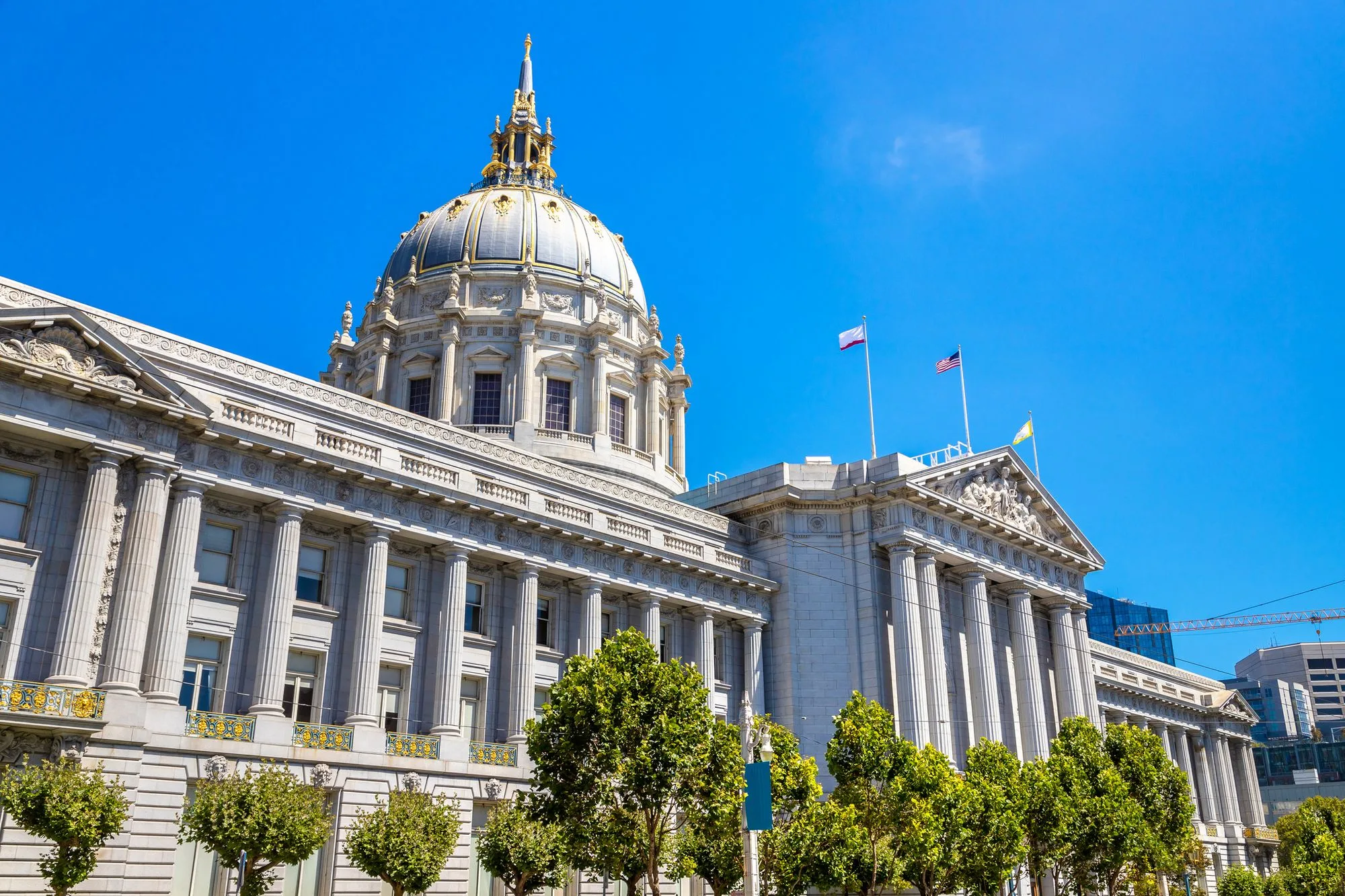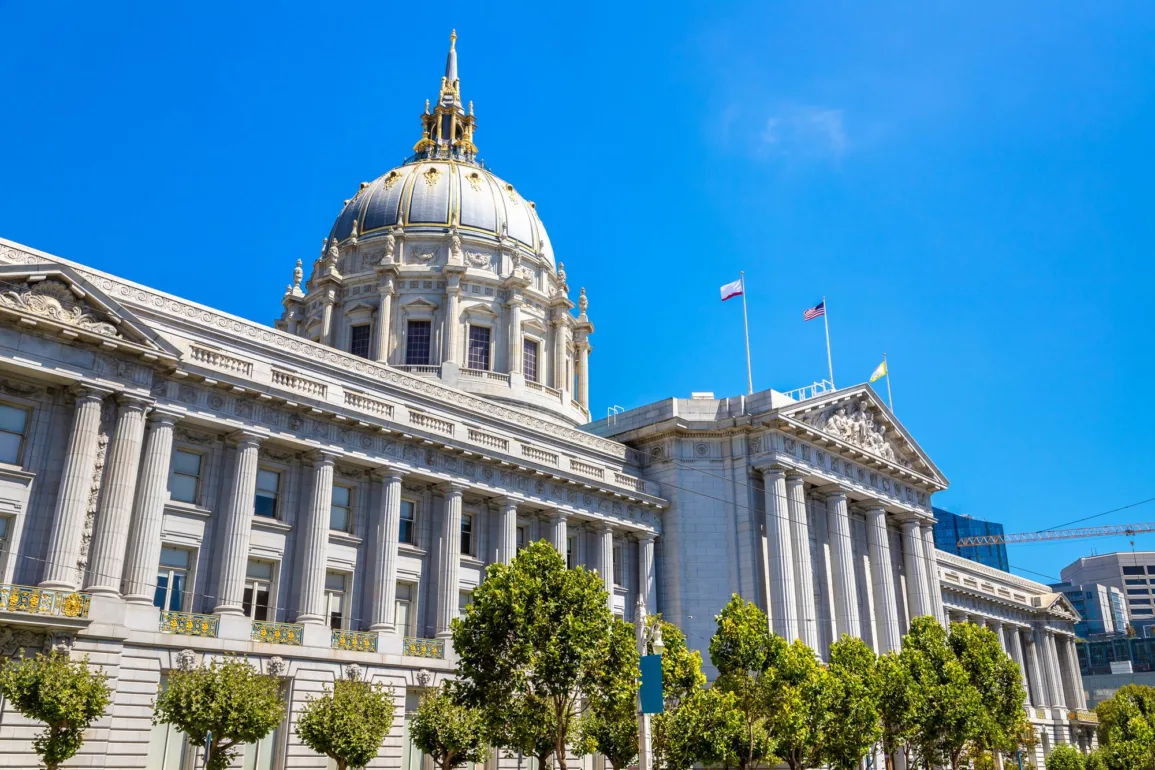
The reparations conversation has been sidelined amid ongoing budget trouble, but on Tuesday the San Francisco Board of Supervisors was preparing to vote on a resolution to offer the Black community a formal apology for past harms.
“An apology is just cotton candy rhetoric,” responded Rev. Amos C. Brown, who helped lead the San Francisco reparations advisory committee in recent years, per KPIX. “What we need is concrete actions.”
The formal apology would go to SF’s Black residents — numbering about 46,000 — for its past racist laws and policies (and the language is similar to the apology SF issued in 2022 to Chinese immigrants and their descendants). But an apology, even an official one, doesn’t come close to previously floated ideas from the African American Reparations Advisory Committee, the 15-member council that advises Mayor London Breed and other municipal departments on the matter.
The committee, if you recall, previously recommended $5 million lump-sum payments to African-American descendants of slaves. Despite the right-wing headlines that it grabbed, it all became moot when Breed’s budget cuts dissolved the nascent Office of Reparations at the end of last year. Breed has said she believes reparations should be handled at the federal level, as KPIX reported.
Now, this resolution also contains language promising to make “substantial ongoing, systemic, and programmatic investments” in Black communities, and not repeat the injustices of the past. The reparations committee also helped identify specifically racist practices that SF enacted, including the razing of the historically Black Fillmore neighborhood.
Supervisor Shamann Walton, who also served on the reparations committee, defended the apology resolution, saying at an earlier hearing, “An apology from this city is very concrete and is not just symbolic, as admitting fault is a major step in making amends.”
All of SF’s 11 supervisors have reportedly signed on to sponsor the resolution, so it’s set to pass, which would make SF one of the first major cities — after Boston — to issue this kind of apology. But the details of the resolution are sparse, and with no money on the table, it’s difficult to see this resolution as more than symbolic.
It remains to be seen what else the city may do in the future, in terms of reparations — but Reverend Brown has had some ideas. Brown penned an op-ed in December 2022, calling out the terrible conditions in SF’s historically Black neighborhood, the Fillmore. He decried street conditions, and pointed directly to the long vacant Fillmore Heritage Center, built two decades ago as a long-awaited redevelopment project to energize the area, that is now “a shadow of the landmark draw it should be,” Brown wrote.
Brown and others have called on the city to give the Fillmore Heritage Center back to the Black community as one form of reparations.
Feature image via Getty Images.


